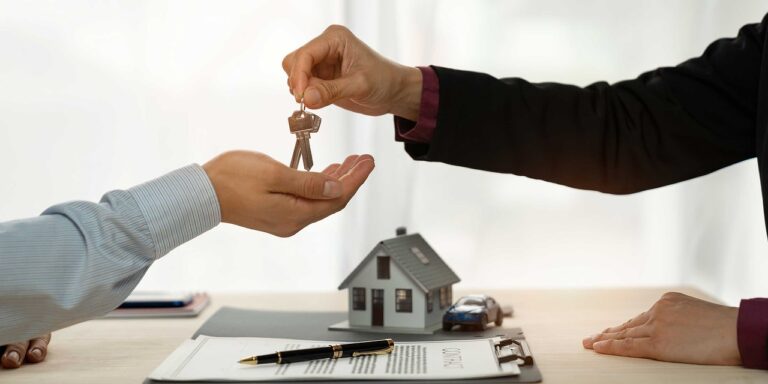The Role of Home Energy Audits in Improving Efficiency
Identifying energy loss in homes is crucial for optimizing energy efficiency and reducing utility bills. By pinpointing areas where energy is being wasted, homeowners can make targeted improvements that will not only save money but also contribute to a more sustainable environment. Addressing energy loss can also enhance the overall comfort and air quality within the home, creating a healthier living environment for occupants.
Common areas where energy loss occurs include windows, doors, insulation, and HVAC systems. These are key areas that are typically assessed during a home energy audit to determine where improvements can be made. By focusing on these specific areas, homeowners can make informed decisions about upgrades and modifications that will have the most significant impact on reducing energy loss and improving the overall efficiency of their home.
Understanding How Home Energy Audits Work
Home energy audits are essential for determining inefficiencies in the energy usage of a residential property. During an audit, a trained professional examines various aspects of the home to identify areas where energy may be lost. This process involves a thorough inspection of the heating and cooling systems, insulation, windows, doors, and other components that impact the energy efficiency of the home.
Once the audit is completed, the energy specialist will provide a detailed report outlining the findings and recommendations for improving the home’s energy efficiency. This report may include suggestions for upgrades, repairs, or changes in behavior that can help reduce energy waste and lower utility bills. By understanding how home energy audits work, homeowners can take proactive steps to make their homes more energy-efficient and environmentally friendly.
• Home energy audits are crucial for identifying inefficiencies in energy usage
• Trained professionals inspect heating and cooling systems, insulation, windows, doors, and more
• Detailed reports are provided with findings and recommendations for improving energy efficiency
• Recommendations may include upgrades, repairs, or changes in behavior to reduce energy waste
• Understanding how home energy audits work can help homeowners make their homes more efficient
Key Areas Assessed During a Home Energy Audit
One significant area assessed during a home energy audit is the insulation in the property. Insulation plays a pivotal role in maintaining a comfortable indoor temperature and reducing energy loss. By evaluating the condition and effectiveness of the insulation in different areas of the home, auditors can pinpoint areas that need improvement to enhance energy efficiency.
Another key aspect examined during a home energy audit is the heating, ventilation, and air conditioning (HVAC) system. The auditor will assess the efficiency of the HVAC system, check for leaks in ductwork, and evaluate the overall performance of the system. Identifying any issues or inefficiencies in the HVAC system can lead to recommendations for upgrades or repairs that can significantly decrease energy consumption and costs.
What is the purpose of identifying energy loss in homes?
The purpose of identifying energy loss in homes is to pinpoint areas where energy is being wasted, ultimately helping homeowners save money on their energy bills and reducing their environmental impact.
How do home energy audits work?
Home energy audits typically involve a professional inspecting a home to assess its energy efficiency. This may include examining insulation, windows, heating and cooling systems, appliances, and more to identify areas where energy is being lost.
What are some key areas assessed during a home energy audit?
Some key areas assessed during a home energy audit include insulation levels, air leakage through windows and doors, the efficiency of heating and cooling systems, lighting efficiency, and appliance energy usage.
How can homeowners benefit from a home energy audit?
Homeowners can benefit from a home energy audit by gaining a better understanding of their home’s energy usage, identifying ways to improve energy efficiency, and ultimately saving money on their energy bills in the long run.
How often should homeowners consider getting a home energy audit?
It is recommended that homeowners consider getting a home energy audit every few years or whenever there are significant changes to the home, such as renovations or upgrades to heating and cooling systems.







